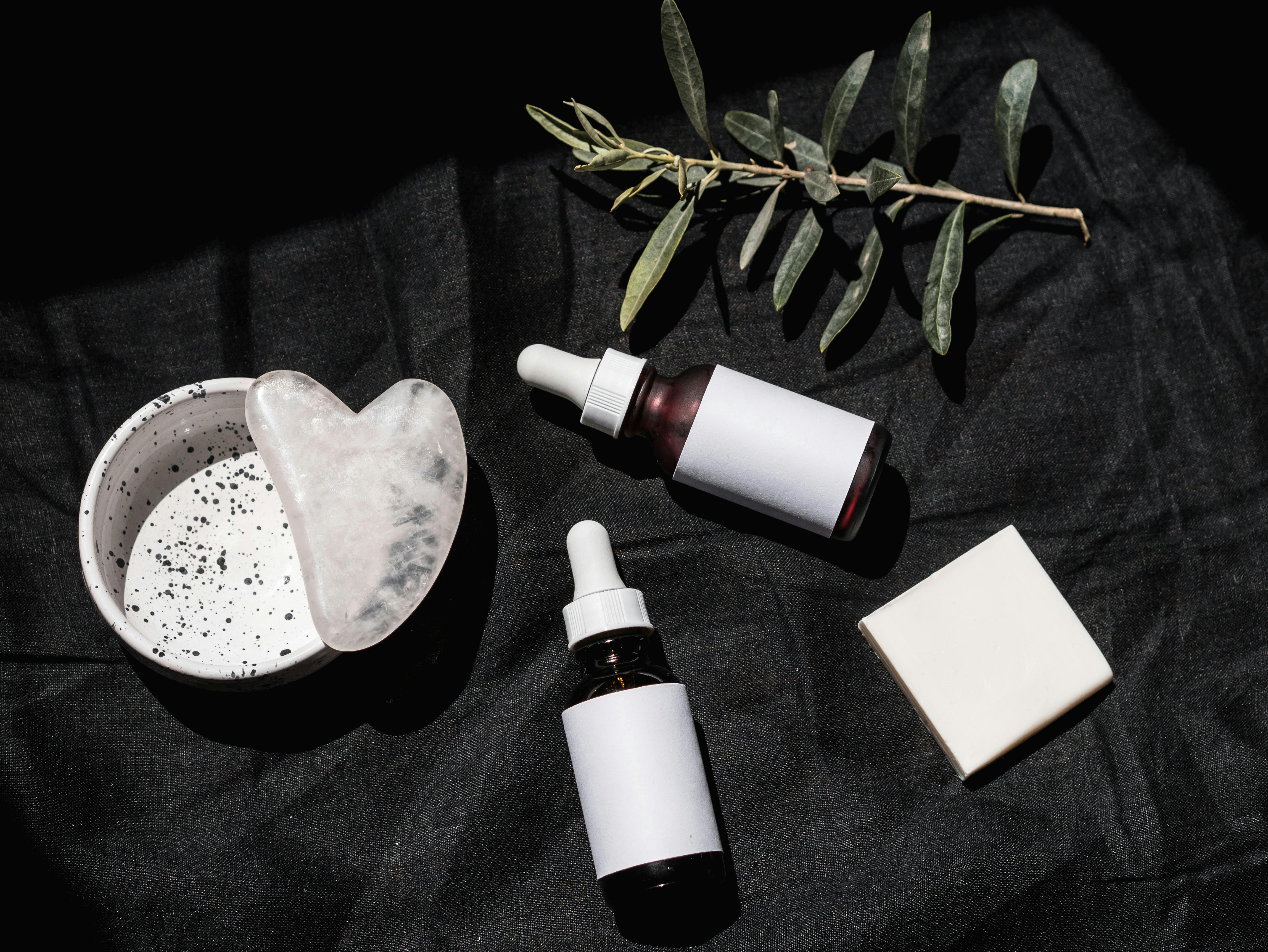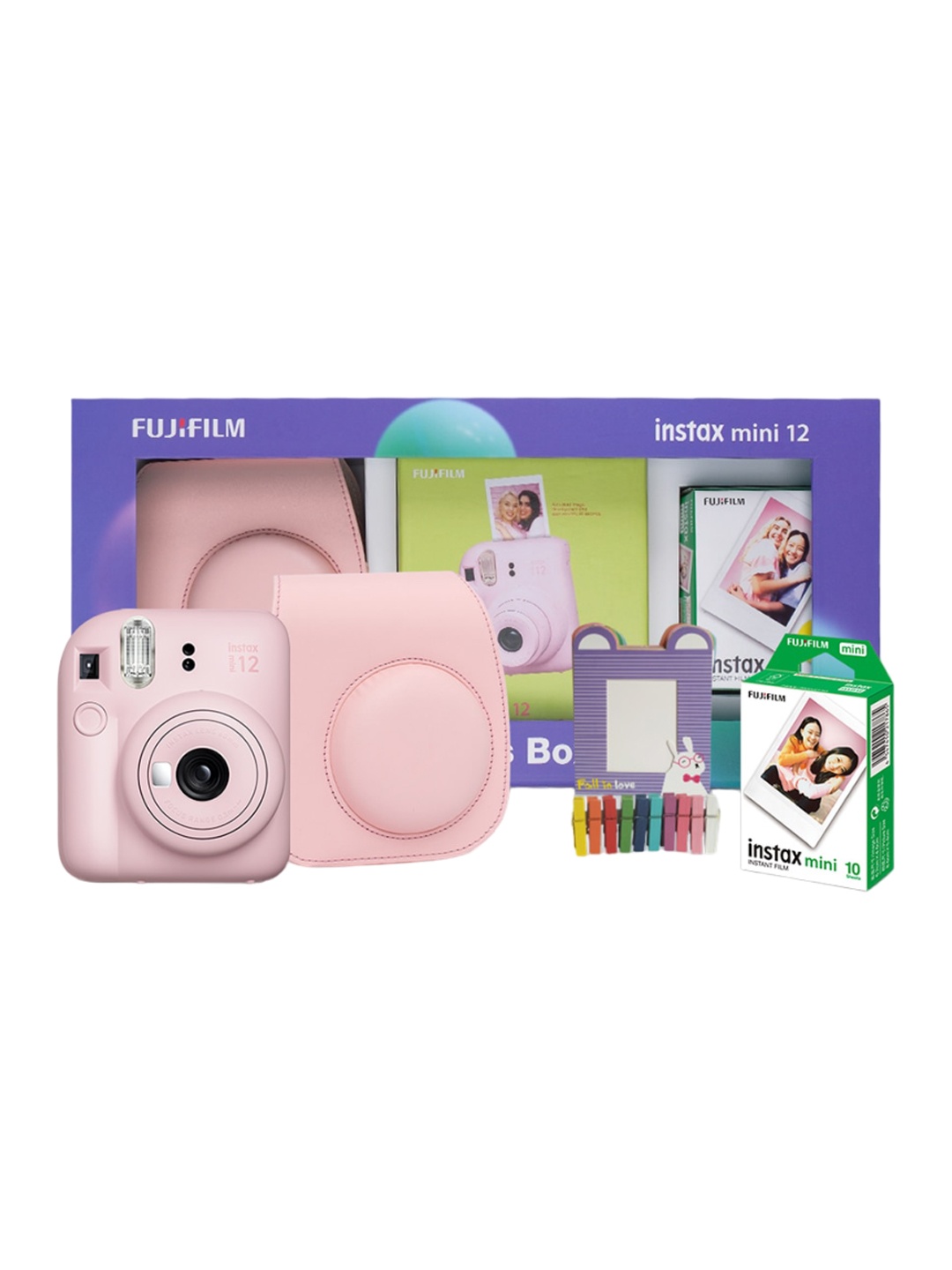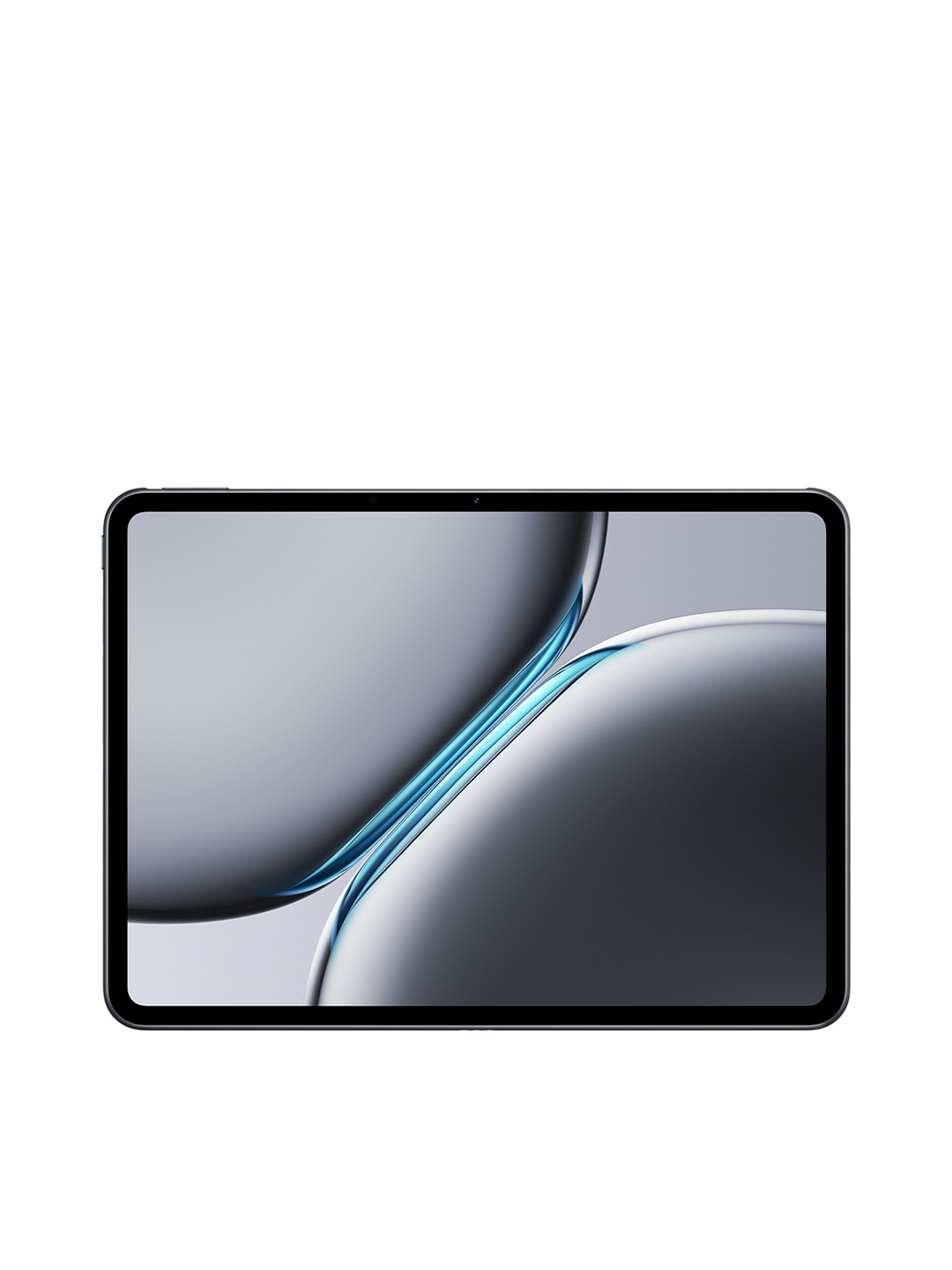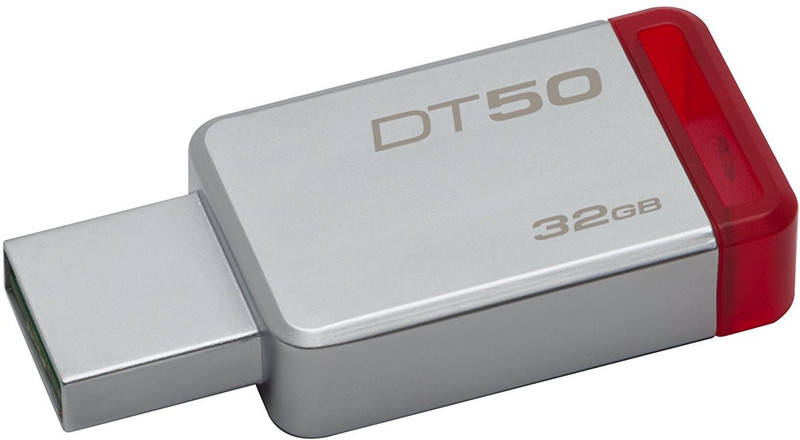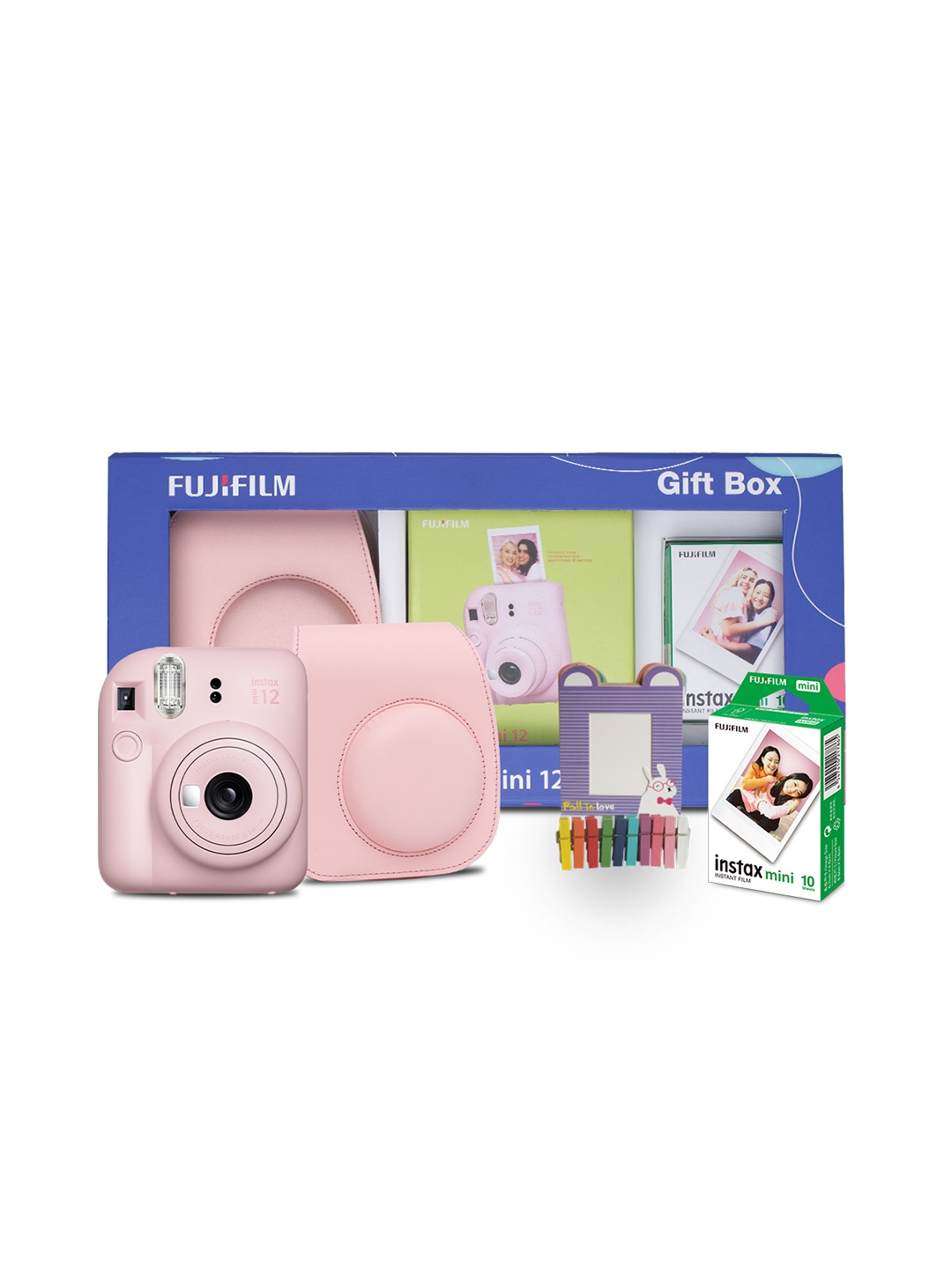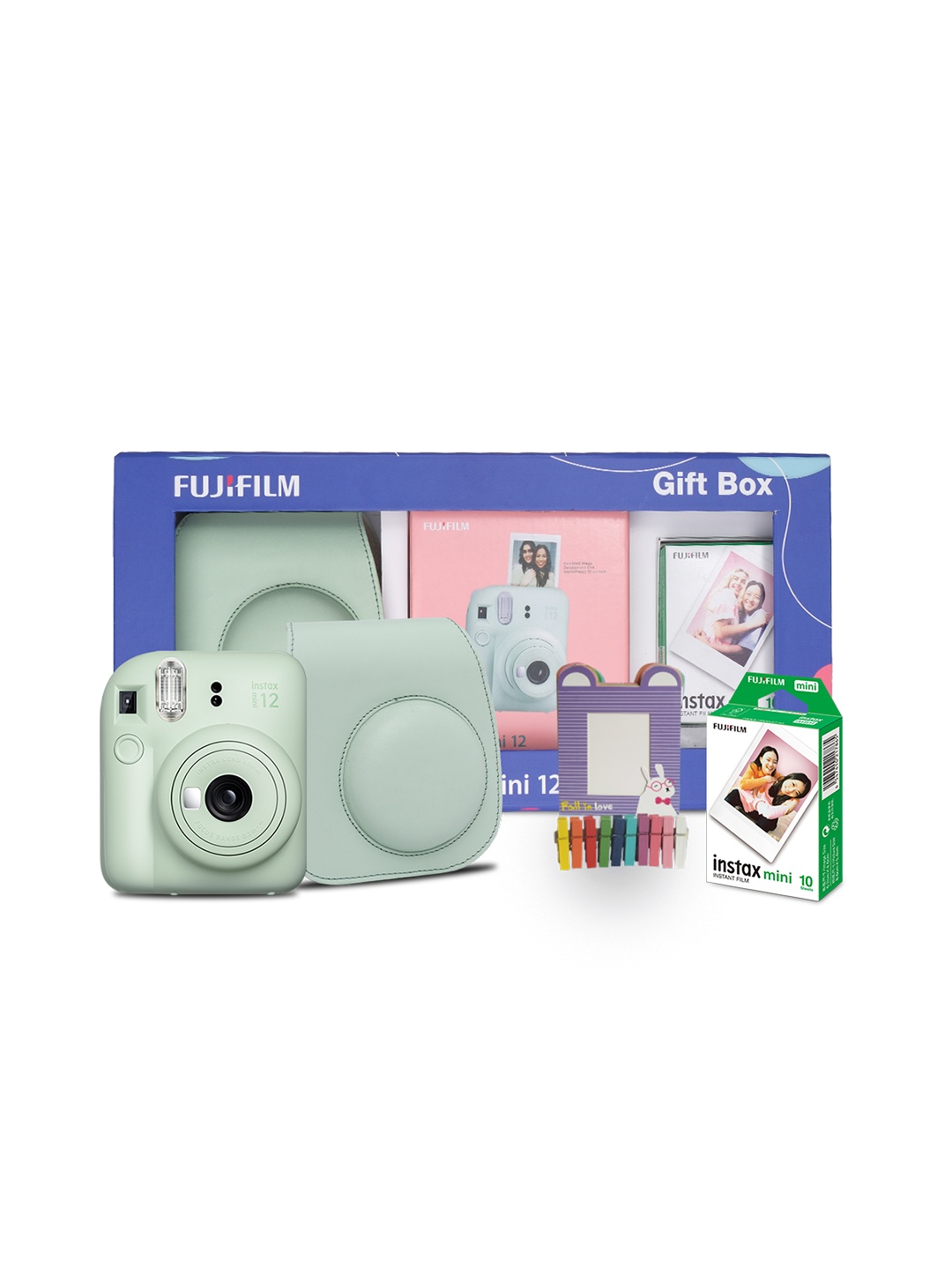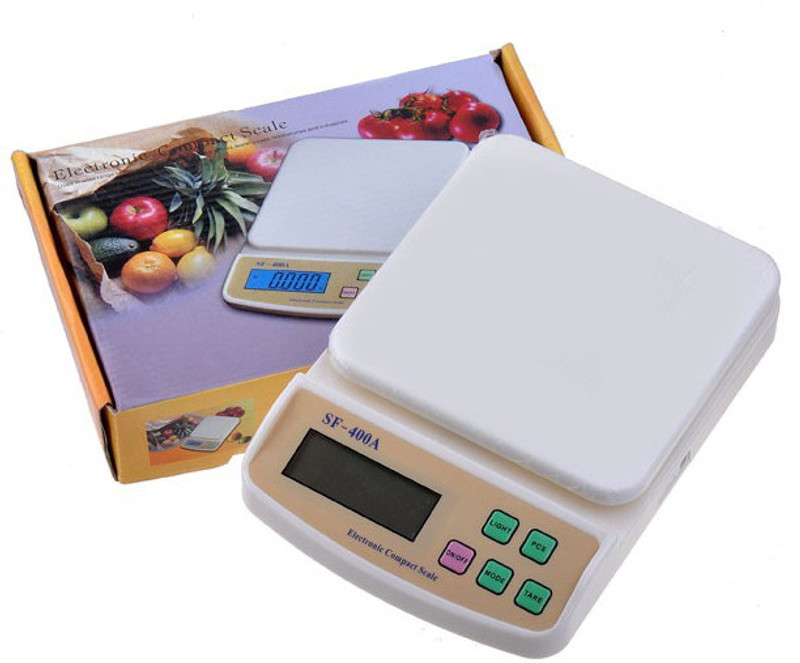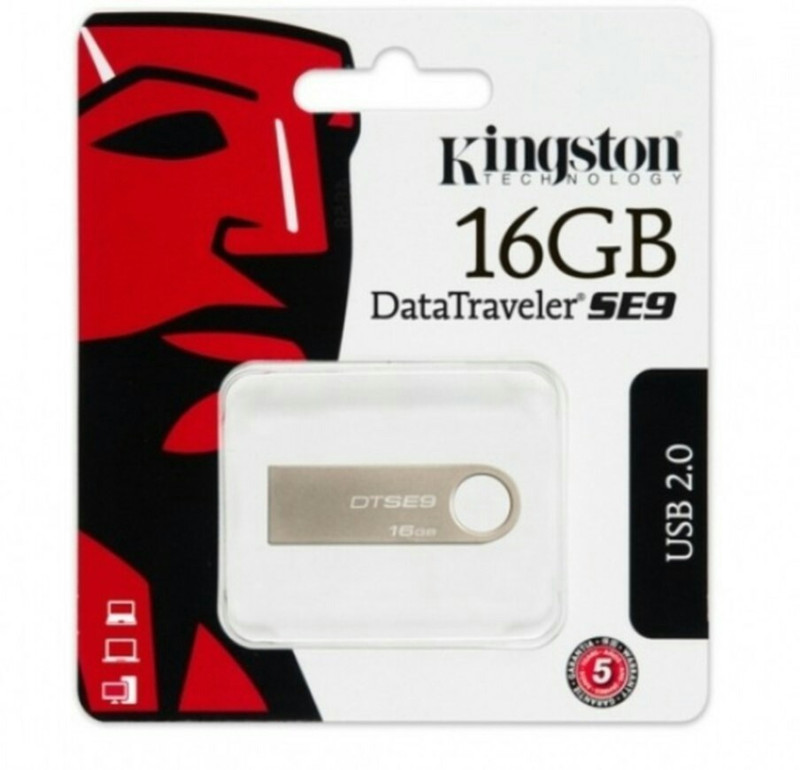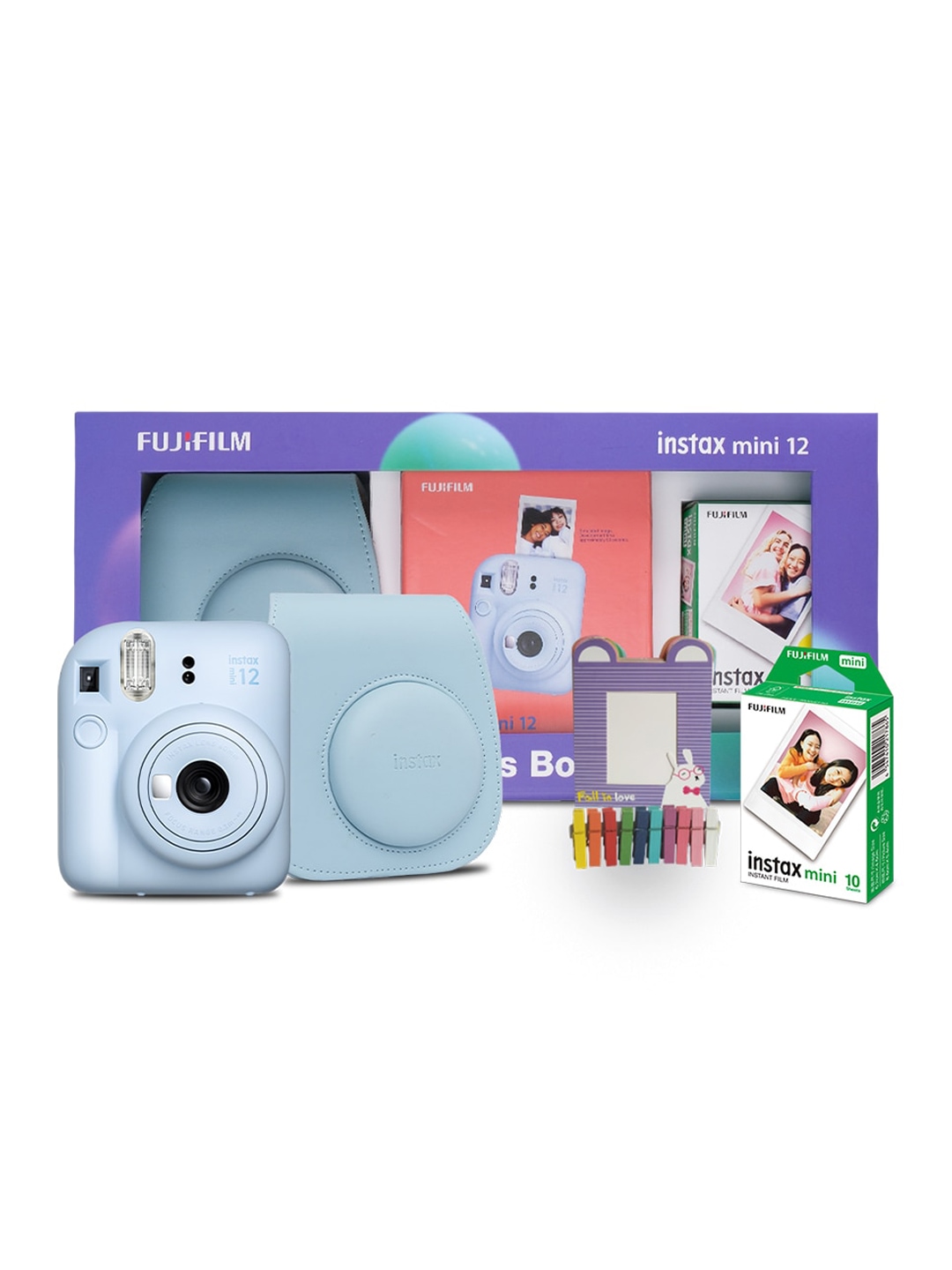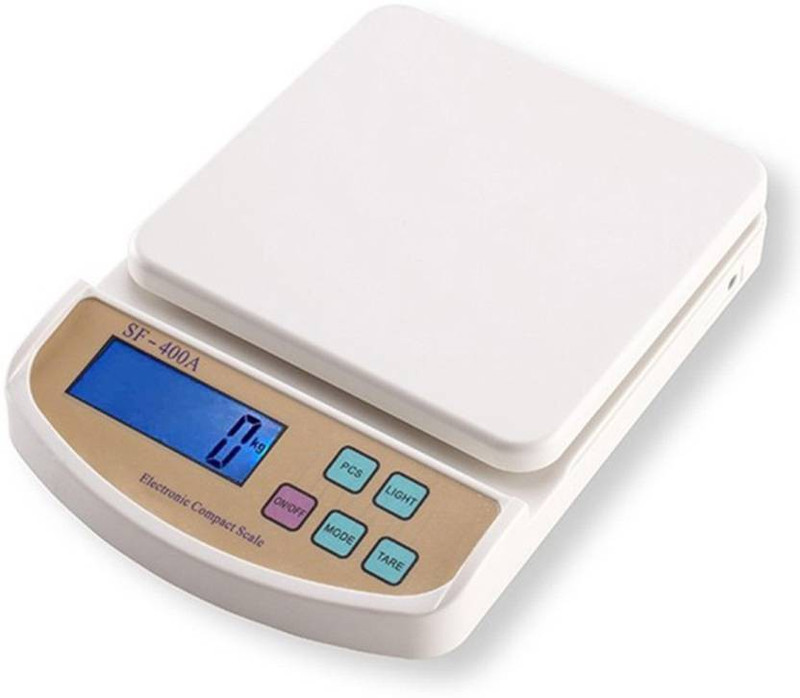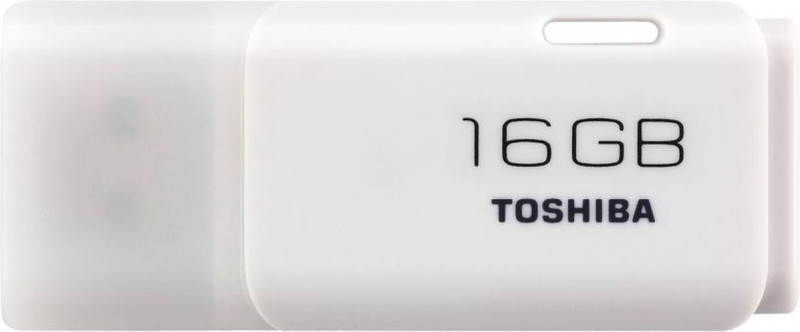Why Is Retinol Considered To Be Important In Anti-Ageing Skin Care?

As you age, your skin undergoes a range of changes that can leave it looking dull, wrinkled, and aged. From fine lines and wrinkles to age spots and dryness, the signs of aging can be challenging to combat. However, with the advancement of skin care technology, there are now many effective treatments available that can help to reduce the visible signs of ageing . One of the most popular and effective anti-ageing ingredients is retinol, a derivative of vitamin A that has been proven to have numerous benefits for the skin. Retinol is considered to be a gold standard in anti-ageing skin care due to its ability to promote cell turnover, reduce the appearance of fine lines and wrinkles, and improve skin texture and tone. Here, comes the guide on why it is considered to be a crucial ingredient in many skin care products.
Also Read: 10 Most Effective Anti-Ageing Skincare Products To Add To Your Beauty Routine, Per Our Editors
1. Boosts Cell Turnover
Retinol works by boosting cell turnover, which is the process by which old skin cells are replaced by new ones. As we age, cell turnover slows down, leading to a buildup of dead skin cells that can make the skin look dull and tired. By increasing cell turnover, retinol helps to remove dead skin cells and reveal brighter, smoother skin. This process also helps to unclog pores, reducing the appearance of acne and other skin imperfections.
2. Reduces Fine Lines And Wrinkles
One of the most significant benefits of retinol is its ability to reduce the appearance of fine lines and wrinkles. By promoting cell turnover and stimulating collagen production, retinol helps to plump up the skin and reduce the appearance of wrinkles. This makes the skin look smoother and more youthful, reducing the visible signs of ageing.
3. Fades Age Spots And Hyper-Pigmentation
Retinol is also effective in fading age spots and hyper-pigmentation, which are common skin concerns that can make the skin look aged and discoloured. By inhibiting the production of melanin, the pigment responsible for skin colour, retinol helps to reduce the appearance of age spots and hyper-pigmentation, resulting in a more even-toned complexion.
4. Improves Skin Texture And Tone
Retinol is known to improve skin texture and tone by promoting cell turnover and stimulating collagen production. This helps to make the skin look smoother and more radiant, reducing the appearance of pores and other skin imperfections. With regular use, retinol can help to improve the overall health and appearance of the skin.
5. Unclogs Pores And Reduces Acne
Retinol is also effective in unclogging pores and reducing acne, which is a common skin concern that can make the skin look dull and tired. By promoting cell turnover and reducing the production of sebum, retinol helps to keep the pores clear and prevent breakouts. This makes it an effective treatment for acne-prone skin.
6. Stimulates Collagen Production
Collagen is an essential protein that gives the skin its strength and elasticity. As we age, collagen production slows down, leading to a loss of skin elasticity and firmness. Retinol stimulates collagen production, which helps to improve skin elasticity and reduce the appearance of fine lines and wrinkles.
7. Enhances Skin Clarity
Retinol is known to enhance skin clarity by promoting cell turnover and reducing the appearance of skin imperfections. This helps to make the skin look brighter and more radiant, reducing the appearance of dullness and discolouration. With regular use, retinol can help to improve the overall clarity and health of the skin.
8. Reduces The Appearance Of Pores
Retinol is effective in reducing the appearance of pores, which can make the skin look smoother and more refined. By promoting cell turnover and stimulating collagen production, retinol helps to improve skin texture and tone, reducing the appearance of pores and other skin imperfections.
9. Improves Skin Firmness
Retinol is known to improve skin firmness by stimulating collagen production and improving skin elasticity. This helps to make the skin look more youthful and radiant, reducing the appearance of sagging and loose skin. With regular use, retinol can help to improve the overall firmness and health of the skin.
10. Suitable For Most Skin Types
Retinol is suitable for most skin types, including sensitive skin. However, it's essential to start with a lower concentration and gradually increase as your skin becomes more tolerant. This helps to minimise the risk of irritation and ensure that the skin can tolerate the treatment.
11. Can Be Used In Combination With Other Skin Care Products
Retinol can be used in combination with other skin care products, including moisturisers, serums, and sunscreens. This helps to enhance its benefits and improve the overall health and appearance of the skin. However, it's essential to choose products that are compatible with retinol and won't cause irritation or reduce.
Products Related To This Article
1. Minimalist 0.3% Retinol Anti Aging Night Serum
2. Minimalist 2% Retinoid Anti Aging Night Cream
3. Minimalist Retinol 0.3% Face Serum
4. Olay Regenerist Retinol 24 Night Serum
5. deconstruct Retinol & Peptide Serum
6. Pilgrim Retinol Under Eye Night Cream
7. COSRX Wrinkle Care Booster
8. Lakme Skin Ultime Perfect Contour Kit
9. KAMILL Pure Retinol Night Serum
10. FoxTale Lightweight 0.15% Retinol Night Serum
Frequently Asked Questions
1. Is retinol suitable for all skin types?
Retinol can be suitable for most skin types, but it's essential to start with a lower concentration and gradually increase as your skin becomes more tolerant. Sensitive skin may require a gentler approach.
2. How do you use retinol?
Retinol can be used in the form of a serum, cream, or moisturiser, typically applied at night to clean skin. It's essential to follow the product instructions and start with a lower concentration to avoid irritation.
3. Can retinol be used with other skin care products?
Yes, retinol can be used with other skin care products, but it's essential to choose products that are compatible and won't cause irritation or reduce the effectiveness of the retinol.
4. Can you use retinol during the day?
It's generally recommended to use retinol at night, as it can make the skin more sensitive to the sun. During the day, use a broad-spectrum sunscreen with at least SPF 30 to protect your skin.
5. What are the benefits of using retinol?
The benefits of using retinol include reducing the appearance of fine lines and wrinkles, improving skin texture and tone, fading age spots and hyper-pigmentation, and unclogging pores.
Retinol is a powerful anti-ageing ingredient that can help to address a range of skin concerns, from fine lines and wrinkles to age spots and hyper-pigmentation. By incorporating retinol into your skin care routine, you can improve the overall health and appearance of your skin, achieving a more youthful and radiant complexion. Whether you're looking to reduce the signs of aging or simply improve the health of your skin, retinol is definitely worth considering.
Disclaimer: The images used in this article are for illustration purposes only. They may not be an exact representation of the products, categories, and brands listed in this article.




